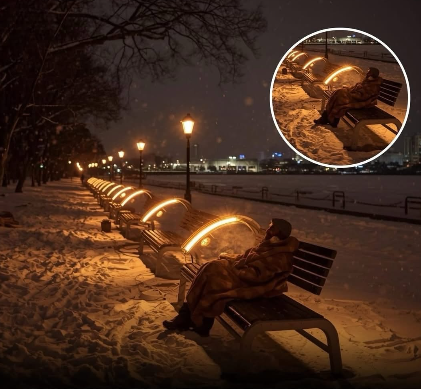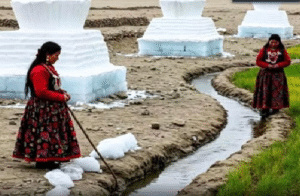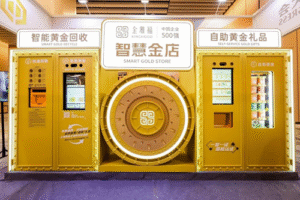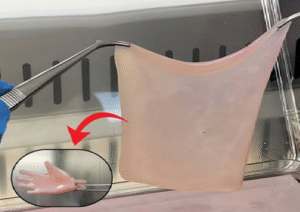A combination of innovative thermal engineering and humanitarian compassion is driving a new solution for warming vulnerable populations during Japan’s harsh winter nights. While specific details on a nationwide rollout are still forthcoming, the technology builds on Japan’s established expertise in solar thermal energy storage, promising all-night heat even in extreme cold.
The concept revolves around highly insulated thermal storage systems—effectively, a “thermal battery”—that capture and retain solar heat with maximum efficiency throughout the day.
Japanese solar thermal companies, which have been active since the 1960s, are veterans in designing systems to minimize heat loss:
- Advanced Insulation: Manufacturers have developed high heat-retention storage tanks, with some models designed to see a temperature drop of only about even when the ambient outdoor temperature plunges to as low as (around ).
- Sensible Heat Storage (SHS): The most common technique involves heating a medium, like water, to a very high temperature and storing it in a large, well-insulated tank. This stored hot water can then be circulated through a system (like underfloor heating or a heat exchanger) to radiate warmth slowly and continuously over the entire night.
- Phase Change Materials (PCMs): In more advanced designs, a separate material is used to absorb and release heat during a phase change (like melting and solidifying). This allows for a much larger amount of energy to be stored in a smaller volume, providing a compact, long-duration heat source.
While the core technology of solar heat storage has been used in Japanese homes, hospitals, and public institutions for years, the new focus is on adapting this reliable, low-cost heat source to serve those without permanent shelter.
A similar humanitarian initiative, the “Ulmer Nest,” (Solar powered heating capsule to provide shelter to the homeless people during freezing night) in Ulm, Germany, demonstrates the global movement toward using sustainable, high-tech capsules for homeless relief. These waterproof, windproof, and thermally insulated sleeping pods use solar-powered heating and lighting to provide a safe, dignified refuge.
By leveraging its expertise in long-duration thermal storage, Japan is positioned to create a system that can provide continuous, zero-emission warmth, effectively combating hypothermia and saving lives when temperatures drop to life-threatening levels.







